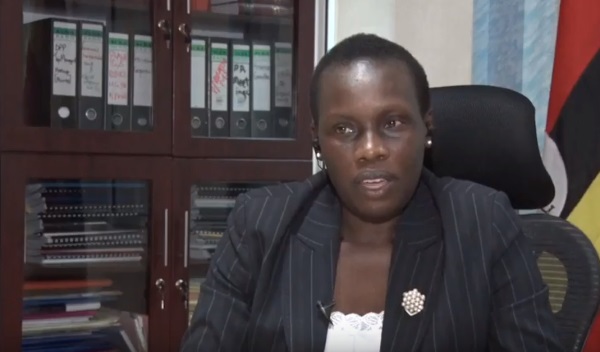Times moved first but not for those that wanted justice dispensed. It was the sixth week running and prosecutors had maintained that they would not return to work until their grievances that included professional allowances, salary increments, and tax waivers were resolved. This had paralyzed all the organs along the justice-dispensing chain from Courts to the Police and the Prisons inclusive. But just how injurious was the prosecutors’ strike and what did it mean? “They are the ones without the signature, no criminal matter can proceed in Court. They are ones who also have the added authority to advise the Police in investigations.” Said, Jane Kajuga Okuo – DPP Spokesperson. Prosecutors play a role of advising the Police on investigations, meaning with the strike on, the Police were not getting the legal expertise on what to secure to ensure evidence was reliable and admissible in Courts of law. This was not even to say that no crimes were being committed during the sit-down strike. In fact, the Police were stranded with suspects some of whom had committed crimes too grievous to allow them to return to the community. But even to a victim of crime, they would need to wait for the criminal justice system to kick-off to realize justice.
At the strut of the start, Justice Yasin Nyanzi had 67 cases of capital nature scheduled to start at the High Court, Justice Angline Flavia with 49 cases, 101 cases of Pre-bargain at the Head of criminal division, 73 cases before Justice Oyuku of Fort Portal, 63 cases before Justice Mutonyi in Mukono, 205 cases before the Anti-Corruption Court among others. It didn’t matter whether the Judiciary had funded the sessions or the Prisons were ready to bring the suspects to Court, the reality was; the cases above and much more were not proceeding.
“When cases do not proceed when they due to proceed, the element of delay has a very negative impact on the witnesses and their willingness to come to Court and the repo effect on so many other issues.” Said the DPP Spokesperson. As if that was not alarming enough to Police that arrested the criminals. The Constitution’s 48-hour rule was biting hard. “When you, for example, are investigating a matter and you have nowhere to take these people, the 48-hour rule demands that either we take the suspect to Court or we release them on bond. And some of these suspects are horrible, terrible suspects if I can call them that. The law presumes them innocent.” Said, Emilian Kayima – Police Spokesperson. At a busy station, about 35 cases were handled on a daily. And now to Prisons which were the next place after the Court, over 10,000 inmates had not accessed justice since Frank Baine the Prisons Spokesperson. “The cost in terms of feeding, in terms of transport, in terms of time, it’s an anonymous cost especially on the institution of Uganda Prison Service.” Said Frank Baine ; Prisons Spokesperson.
“We have a constant engagement of the inmates, explaining to them the situation as you see we have been able to take to Court daily even when we are sure that they will not be worked upon but to show them that the problem does lie with Uganda Prison Service.” Said the Spokesperson of Uganda Prison Service.

